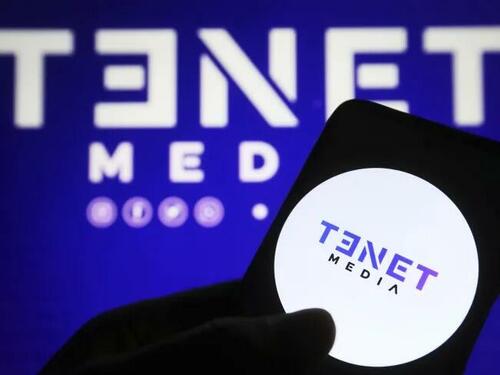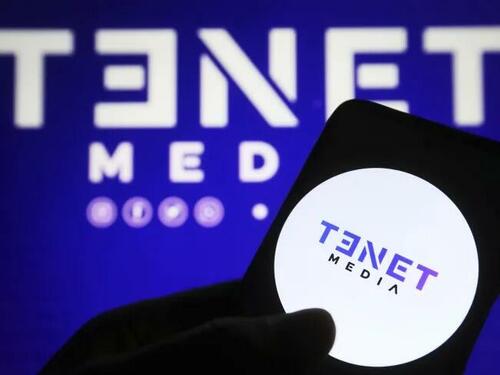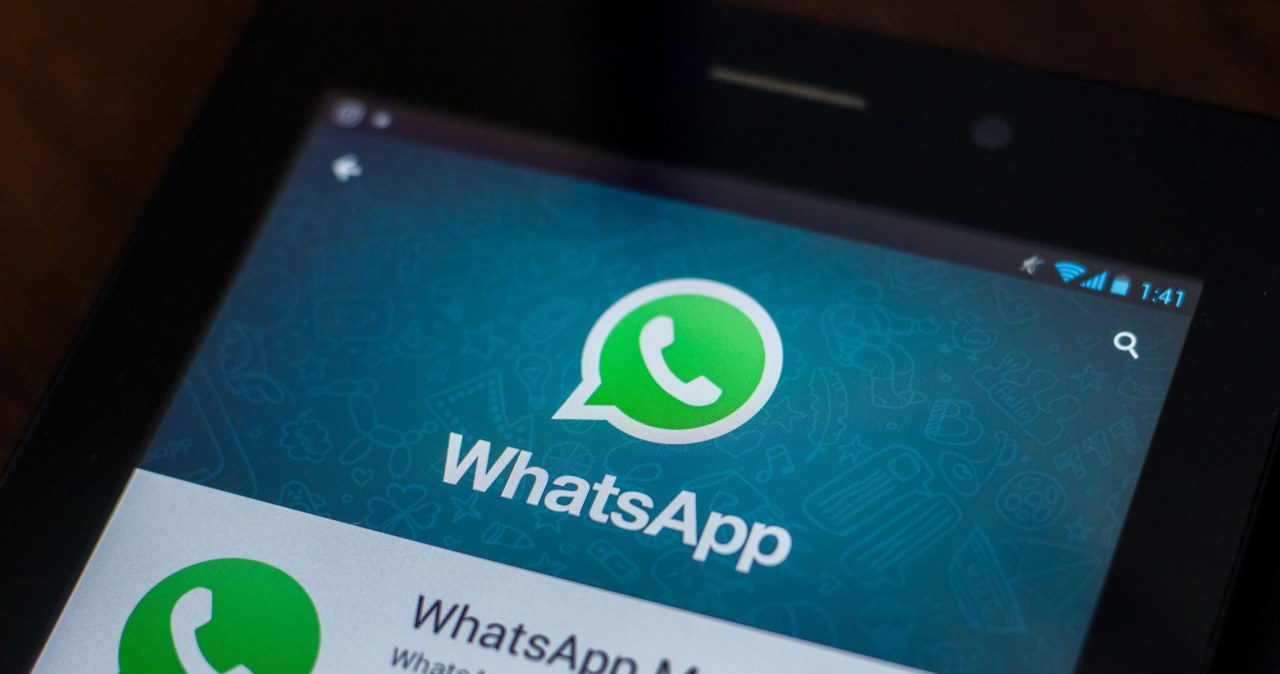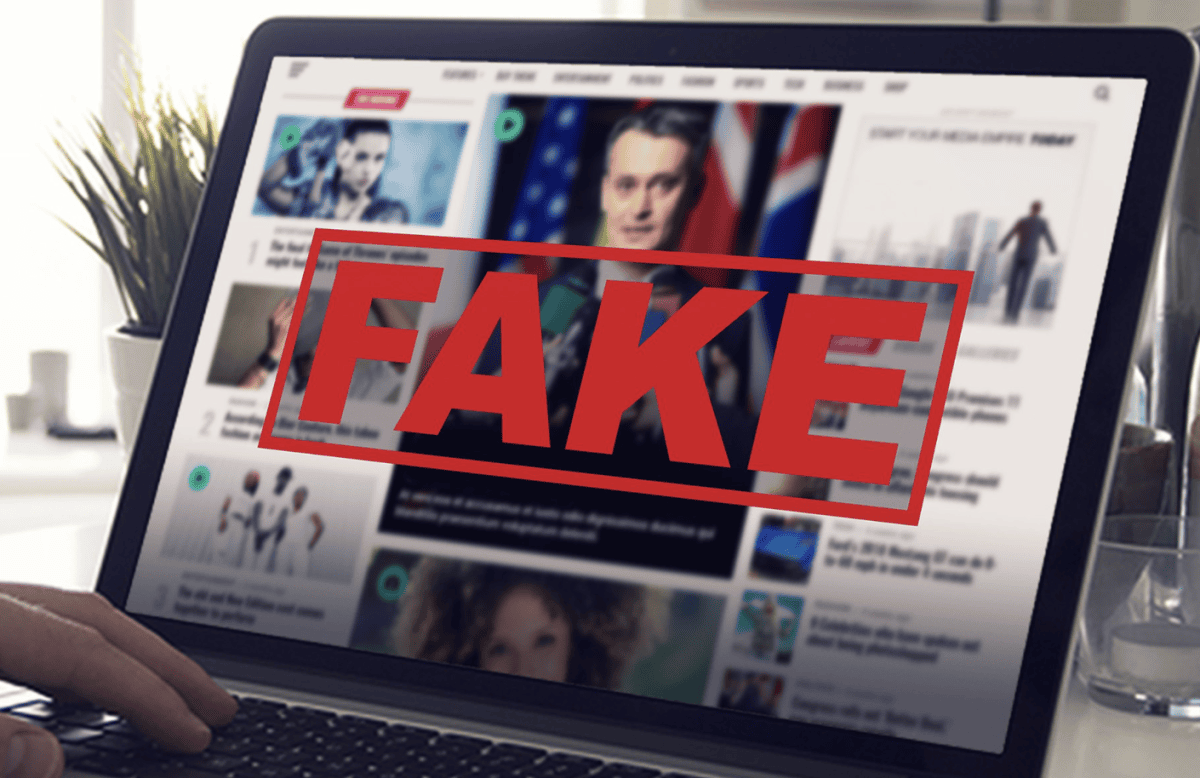
It’s Also „Disinformation” When Our Government Does It
Authored by Connor O’Keefe via The Mises Institute,
In recent weeks, there have been a series of stories about the government cracking down on foreign agents allegedly working to influence the 2024 election.
First, the intelligence community linked the Iranian government to a hacking of Trump campaign documents. Then the federal government seized several websites it claims were linked to a Russian campaign to circulate disinformation—meaning deliberately spread false information.
The biggest story came last week when two employees of the Russian media organization RT—formerly Russia Today—were indicted for allegedly sending nearly $10 million to a Tennessee-based online media company.
US officials claim the scheme aimed to inject Russian government messaging across social media using conservative influencers.
Tenet Media was paying some big-name online conservatives—most of whom the DOJ admits had no knowledge of where the money was coming from—to produce content for Tenet’s YouTube channel. The indictment does allege that Tenet’s founders, Lauren Chen and Liam Donovan, were aware that the Russians were providing at least some of their funding, but formal charges have not been brought against either as of yet.

Attorney General Merrick Garland and FBI Director Christopher Wray spoke about these cases in a press conference last Wednesday. And they warned about other covert influence campaigns from the Russian, Iranian, and Chinese governments that aim to nudge the American electorate toward their regime’s preferred candidates.
Garland and Wray clearly wanted to convey that the DOJ and the FBI—its most prominent component—stand in total opposition to government officials manipulating public opinion to serve their own ends. But the actions of the DOJ, the FBI, and the political establishment more broadly paint a very different picture.
Obviously, our government conducts the exact kind of influence campaigns they demonize these foreign regimes for carrying out here. Just as Russia has RT, the US government funds a number of media organizations—like Radio Free Europe and Voice of America—that propagate the Washington party line across the globe. Last year, Biden’s USAID administrator Samantha Power was even bragging about launching US government-funded news organizations in Hungary to, in her words, help “build independent media.”
But it’s not as if our government officials are just trying to push their preferred messaging abroad while protecting Americans from similar efforts being directed against us. They’re also using these very same influence techniques against the American public.
The recent revelation from Meta CEO Mark Zuckerberg’s open letter to Representative Jim Jordan (R-OH) provides a good example.
In the letter, Zuckerberg recounts how, in the lead-up to the 2020 election, the FBI warned his company to be on the lookout for a “Russian disinformation operation about the Biden family and Burisma (the Ukrainian gas company that appointed Hunter Biden to its board).”
Not long after that, the New York Post broke its now famous story, reporting on evidence of the Biden family’s influence-peddling, obtained from Hunter Biden’s abandoned laptop. Concluding that that was the “Russian disinformation” operation the FBI had warned about, Meta “demoted” the story on Facebook—ensuring that few users would encounter it.
With all we know today, it’s hard to see the federal government’s conduct in the fall of 2020 as anything other than a disinformation operation of its own.
According to testimony from Laura Dehmlow, the Section Chief of the FBI’s Foreign Influence Task Force, the FBI agents tasked with warning social media companies about this supposed Russian disinformation operation already knew about Hunter Biden’s laptop and were already aware that it was authentic and not disinformation. The FBI had, after all, seized the laptop the year before.
The Bureau lied to Facebook, Twitter, and other social media giants for months—priming them to bury the story when it eventually came out. Then, after the New York Post published, the FBI went silent. They refused to confirm that the laptop was authentic. Five days later, fifty-one former “intelligence” officials signed an open letter arguing that the laptop was likely Russian disinformation. That allowed the rest of the political establishment to dismiss the very real story as something cooked up by the Kremlin. The authenticity of the laptop would eventually be confirmed, but not until well after the 2020 election.
So, by all indications, the FBI spread disinformation to American companies to help the rest of the political establishment quash a story that hurt the candidate they clearly liked better. A story that eight in ten Americans believe would have cost Joe Biden the election if the public knew it was true on election day.
Yet nobody in the political establishment condemns what the FBI and DOJ did. They may say they stand against election meddling, but they contradict themselves with their actions.
Our government is not trying to protect us from disinformation. They’re trying to maintain a monopoly on it.
Tyler Durden
Fri, 09/13/2024 – 18:25









